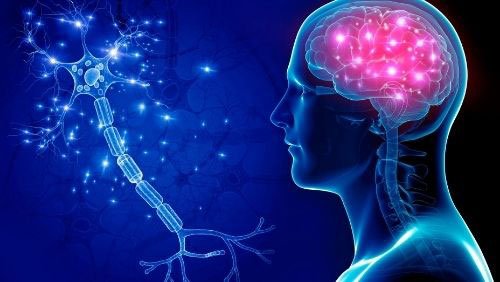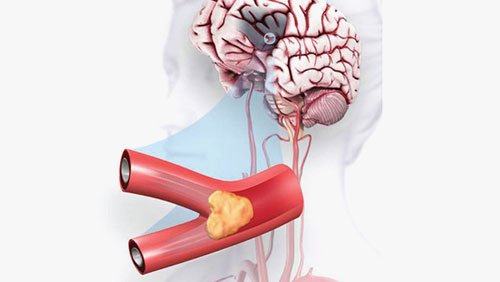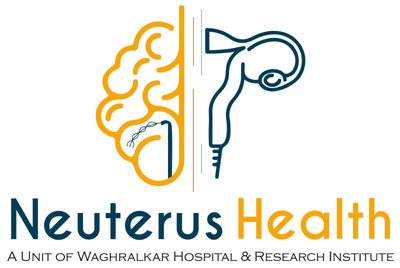
- Stroke
- Headache
- Epilepsy
- Neck Pain
- Back Pain
- Peripheral Neuropathy

- Brain Tumors
- Brain Tuberculosis & Neuroinfections
- Parkinson’s Disease and other Movement Disorders
- Vertigo and Giddiness
- Management of Acute Stroke

- Carotid Artery Stenosis
- Intracranial Atherosclerosis
- Aneurysm
- Arteriovenous Malformation
- Memory Loss
- Meningitis
Stroke
A stroke occurs when the blood supply to part of your brain is interrupted or reduced, preventing brain tissue from getting oxygen and nutrients. Read More
Epilepsy
Epilepsy is a central nervous system (neurological) disorder in which brain activity becomes abnormal, causing seizures or periods of unusual behaviour and sensations.
Headache / Migraine
Headache is the most common form of pain. Headache may appear as a sharp pain, a throbbing sensation or a dull ache. Headaches can develop gradually or suddenly.
Neuropathy
Peripheral neuropathy can result from traumatic injuries, infections, metabolic problems, inherited causes, and exposure to toxins.
Dementia
Dementia is a term used to describe a group of symptoms affecting memory, thinking, and social abilities severely enough to interfere with your daily life.
Cervical Spondylosis
Cervical spondylosis is a general term for age-related wear and tear affecting the spinal disks in your neck As the disks dehydrate and shrink, signs…

